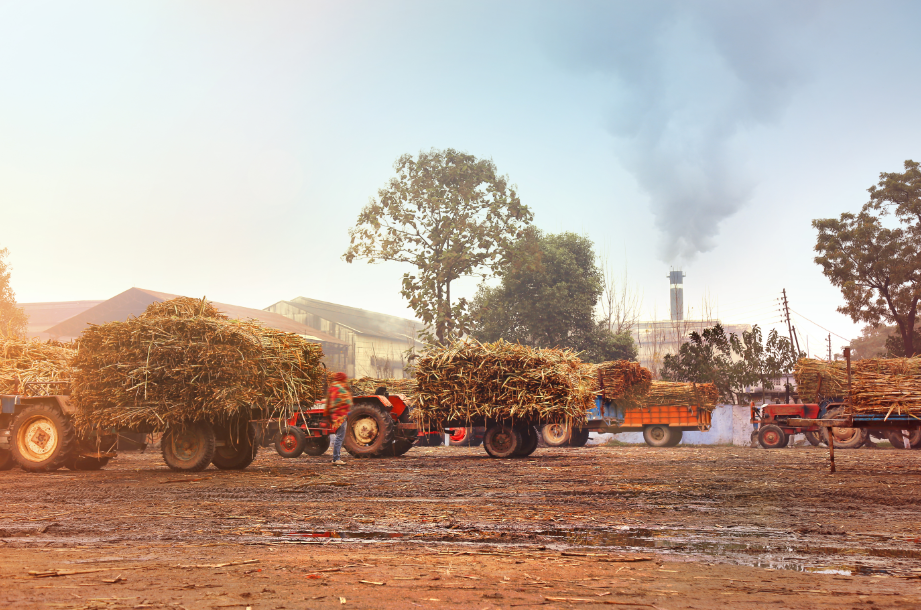Uganda expects sugar output to rise 11% this year as three mills under construction in the country’s northern and eastern regions come online, officials say.
“Production is currently at 450,000 metric tons. When three new factories that are under construction and development start producing, we will go up to a half a million metric tons,” Uganda’s Trade and Industry Minister Amelia Kyambadde says in an interview with FORBES AFRICA.
The East African country is only able to consume 360,000 tons per year, leaving a surplus for export in a region that’s grappling with deficits. Uganda exports sugar to the DRC, Kenya, Rwanda, South Sudan and Tanzania.
Underpinning the country’s sugar sector are millers, including Kakira Sugar Works, the largest producer. Sugar Corporation of Uganda Limited – Lugazi and Kinyara Sugar Works are the other largest players.
READ MORE | The Industrialists Who Have Tasted Sucrose And Success
While this growth in output is imperative, the government is keen to see diversification in production to include industrial sugar as the country seeks to save its foreign exchange, Kyambadde says.
“I see a bright future,” she adds, “but producers also need to diversify and produce the finer sugar. All of them are producing the bigger crystals but finer sugar for production is what we would like them to start producing.
“At the moment, we are importing that finer sugar.
“So that has been our concern with them, that why don’t you diversify and start producing the sugar that’s ready for production,” she says.
But these efforts have largely been stalled by Uganda’s high power tariffs, according to Kyambadde.
“They (millers) say from this level, the ordinary sugar, they have to have another line that would make it finer. That means the consumption of power definitely is higher,” she says.
“So that is one of the challenges; that the costs of production are so high,” she said, adding that new power plants will reduce costs to an ideal five US cents/KW.
Uganda is also looking to establish new laws to govern the sugar sector but disagreements over exclusivity clauses relating to purchase of cane from farmers abound.
In March, President Yoweri Museveni declined to assent to the Sugar Act of 2016 that was passed by Parliament in November last year. His spokesman, Don Wanyama, says the president is concerned about the proximity of millers.
“It’s going to antagonize the old sugar players,” Wanyama says. “It’s (the act) not going to be assented to,” he says.
READ MORE | Ugandan Firm Uses Blockchain To Trace Coffee From Farms To Stores
“We hope this issue will be corrected now that the bill is being sent back to parliament,” says Jim Kabeho, the Chairman of Uganda Sugar Manufacturers Association, the largest industry lobby.
“Farming constitutes 60 percent of our costs; yet someone without a single tractor and using cheap old machinery just wants to come and buy from your farmers,” he said in a phone interview.
Kabeho, also a director at Kakira and a board member at regional business lobby, the East Africa Business Council, warns that Uganda has lessons to learn from Kenya which allowed “market distortions” in the name of allowing competition only to end up with less production and having to rely on imports.
Yet for Ibrahim Baliitamuto, a cane grower in the eastern district of Mayuge, all that matters is price stability.
“It’s very easy to make a fortune from sugarcane if the prices offered by factories are not changed very often,” Baliitamuto says.
“You can’t tell me about growing maize (corn) when I have a choice of sugarcane.”
Kyambadde says in returning the law to parliament, the president was being mindful of the big players.
“He thinks that the output of the small players is negligible, but we are still discussing that,” she says.
-Joseph Burite
